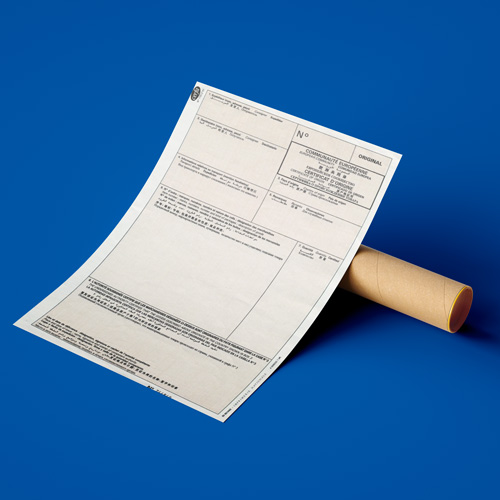All economic operators must be able to prove the origin of their imported products during customs clearance. In other words, it is the proof of “nationality” of the product which allows the economic operator to benefit from the preferences provided for by bilateral or multilateral conventions and agreements, the establishment of foreign trade statistics or for the application of specific regulations such as health and phytosanitary measures.
Conventional certificates of origin
- Certificate of origin established within the framework of bilateral agreements between Tunisia and certain Arab countries (Morocco, Egypt, Jordan, Libya, Kuwait, Algeria)
- Certificate of origin issued under the agreement of the Greater Arab Free Trade Area (Arabic Certificates of Origin)
- Certificate of origin for the movement of goods for the export of originating products to the European Union (EUR1 certificate)
- Certificate of origin of movement of goods for the export of products in the PANEUROMED zone (EUROMED certificate)
- Common Market for Eastern and Southern Africa COMESA Free Trade Area Certificate of Origin



